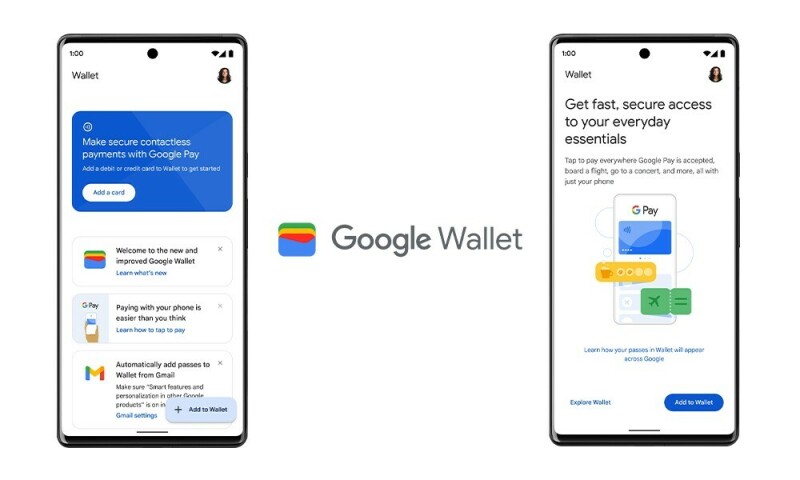Islamabad, Mar 29, 2025: Google is implementing major updates to Android’s security system to bridge the privacy gap between Android and iPhone. While these enhancements will improve protection, they might also create challenges for users with older devices.
Many may need to upgrade their smartphones to maintain full functionality, particularly for Google Wallet and banking apps.
A Significant Overhaul in Android Security
Google recently announced modifications to the Play Integrity API, a tool that helps developers detect fraud, bot activity, cheating, and unauthorized app usage.
The company reports that apps utilizing this API have already witnessed an 80% reduction in misuse.
This updated API will be more secure, efficient, and privacy-focused, but it will only be accessible on Android 13 and newer versions.
This update marks a clear distinction between supported and outdated devices. Millions of users with older phones could face disruptions in app performance.
Since most banking applications and Google Wallet rely on this API, they may cease to function properly on unsupported devices.
Risks for Users with Older Android Versions
Google has confirmed that the API modifications will affect how applications operate across different Android versions.
Developers will be able to restrict or alter app features based on the Android version installed, particularly impacting devices running Android 12 or earlier.
As a result, users with older smartphones may experience limited app functionality or complete loss of access to certain services.
These security changes will become mandatory within two months.
According to Statcounter data, approximately 35% of Android devices are still running Android 12 or earlier.
This means that a significant portion of users could experience performance limitations or security vulnerabilities due to outdated software.
The Continued Threat of Sideloading Apps
Google has once again emphasized the dangers of sideloading apps from unofficial sources.
Recent analyses reveal that Android malware is over 50 times more prevalent in apps downloaded via web browsers and messaging platforms compared to those from the Play Store.
Read More: Oppo Find X8 Ultra Set to Outshine Xiaomi 15 Ultra with Bigger Battery
To counter this threat, Google is enhancing Play Protect to offer better scanning and security measures for apps installed from all sources.
Is It Time for an Upgrade?
Currently, around 500 million Android smartphones are no longer receiving updates, making them highly susceptible to security threats.
Additionally, another 500 million devices receive only limited support, which means they might soon face app functionality restrictions due to these upcoming API updates.
If your phone operates on anything older than Android 13, you may lose access to essential app features, face increased security risks, or struggle with compatibility issues.
Read More: SIM Blocking Threatens Digital Inclusion, Telcos Warn
With these new requirements becoming compulsory, upgrading to a supported device may no longer be a choice—it could become a necessity for maintaining a secure and seamless Android experience.









